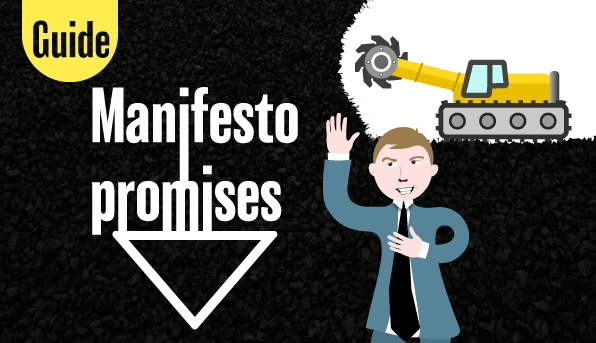

“...we will not grant new coal licences and will ban fracking for good.”
Manifesto in full

“Maintaining the ban on fracking and introducing a ban on new coal mines.”
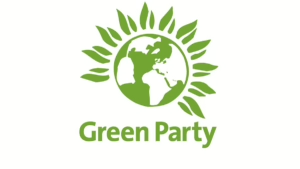
“Cancel recent fossil fuel licences such as for Rosebank and stop all new fossil fuel extraction projects in the UK.”
“Ban new coal licences. Follow the SNP Scottish Government’s lead and commit to no support for new coal mines, which would undermine our action to reach net zero.”

“...are opposed to... new open cast coal mines. Opencast mine sites should be fully restored for the benefit of local communities, and should never be used as a guise for private companies to undertake further coal extraction.”
The Labour Party's manifesto pledge “we will not grant new coal licences and will ban fracking for good.” follows a year of inside-track and public campaigning by Coal Action Network in the UK parliament and Welsh Senedd.
The UK’s last coal-fired power station closes this year, and last year is confirmed the hottest year on record. We’re pleased that the Labour Party has listened to our arguments, along with the Liberal Democrats, the Green Party, Plaid Cymru, and Scottish National Party which have also ruled out any new coal mining.
We'll work with whichever party forms the new Government on turning a policy ruling out new coal licences into a stronger statute. We hope the new Government will also address existing coal licences – for both operating mines, such as Aberpergwm (permission to mine until 2039), and proposed mines such as West Cumbria (permission to mine until 2049). The West Cumbria coal mine is an example of how coal mine licences can slip through the coal regulator, even when there is no domestic demand for the coal and it'll be exported to drive further climate chaos.
Coal is still the number one fossil fuel driver of climate change globally - we must lead my example, and a policy ruling out any more licences for coal mining is just that.
Published: 17. 06. 2024
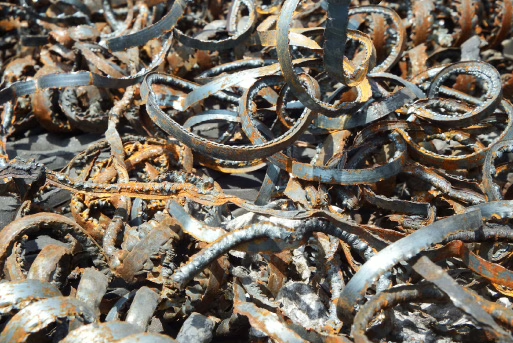
The direct use of coal as a feedstock (not just energy) is particularly significant in China, where coal is used extensively in coal to gasification plants to produce chemicals such as methanol, ammonia, and…

This nature was photographed around 50 metres from the edge of the Glan Lash opencast coal mine in Ammanford, South Wales. It shows the thriving ecosystems surrounding the Glan Lash opencast coal mine which has remained dormant since 2019…
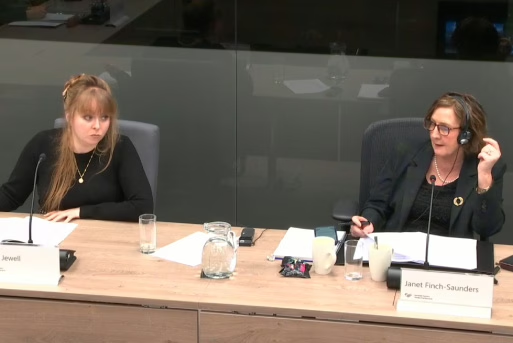
In February, CAN gave oral testimony to the Climate Change, Energy, and Infrastructure Committee (CCEIC) on the Disused Mine and Quarry Tips (Wales) Bill…
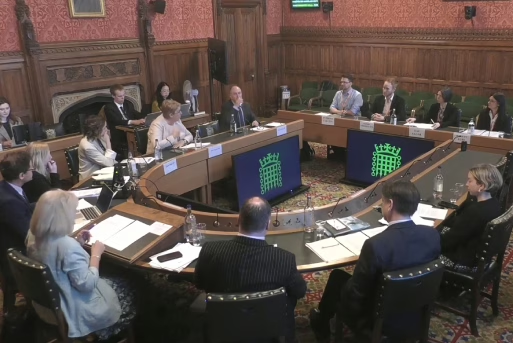
Coal Action Network was invited to attend Westminster where we gave evidence to the Welsh Affairs Committee in their inquiry about the environmental and economic legacy of Wales’ industrial past, alongside Friends of the Earth Cymru. This inquiry was opened in…
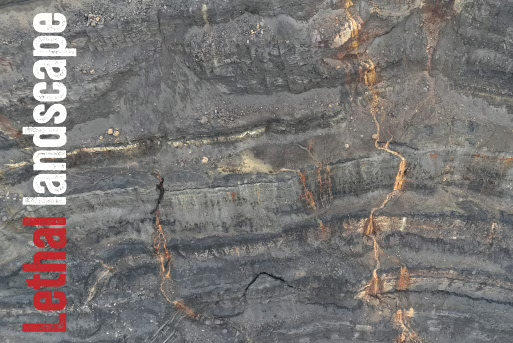
16 years of opencast coal mining in Ffos-y-fran has generated colossal overburden mounds, also known as slag heaps or coal tips. There are three coal tips, with the third being the largest, and cumulatively accounting for 37 million cubic metres of colliery spoil, rocks, and soil…
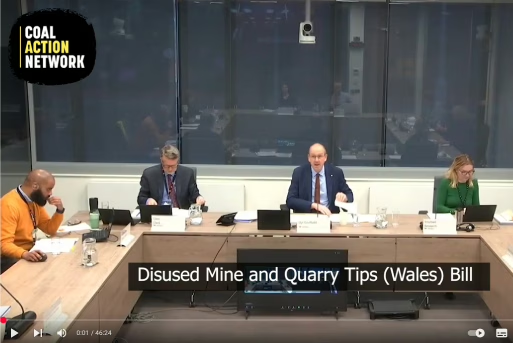
We were invited for the second time to give oral evidence to the Climate Change, Environment, and Infrastructure Committee of the Welsh Parliament (Senedd) on 05th February 2025. We shared the panel with Haf, Director of FOE Cymru, to provide our opinion on the weaknesses, strengths…
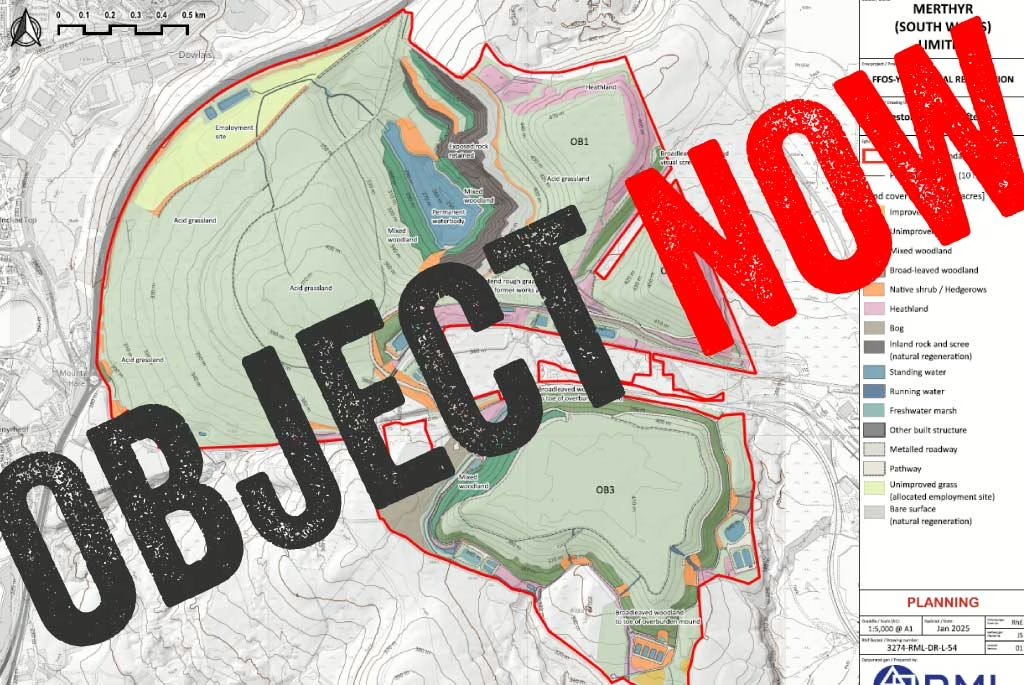
Merthyr (South Wales) Ltd mined for over a year illegally after planning permission for the Ffos-y-fran opencast coal mine ended in September 2022. During that year, it made record-breaking profits due to sanctions on Russia and other factors driving up the price of coal. But rather than using some of the profits from that ill-gotten coal…

MSW claims “It was established that there are insufficient funds available to achieve the 2015 restoration strategy and therefore an alternative scheme is required.” (EIA Scoping Report, July 2024)… To our knowledge, there has been no evidence submitted by MSW that it cannot fund the full restoration it is contracted to undertake…
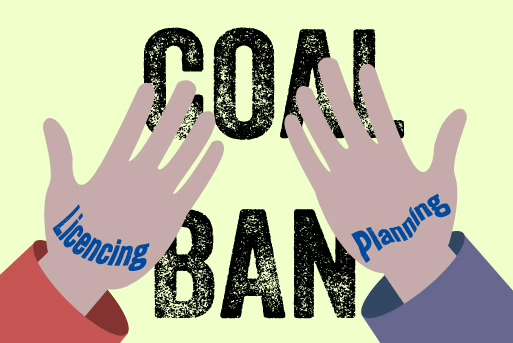
The UK Government launched a consultation on a limited review of the National Planning Policy Framework (NPPF) for 8 weeks from 30 July to 24 September 2024. The NPPF is an influential document that shapes planning decisions and priorities across England. It is periodically updated by the Government, following a public consultation…
well done for your role in achieving this cross many party commitment
sad